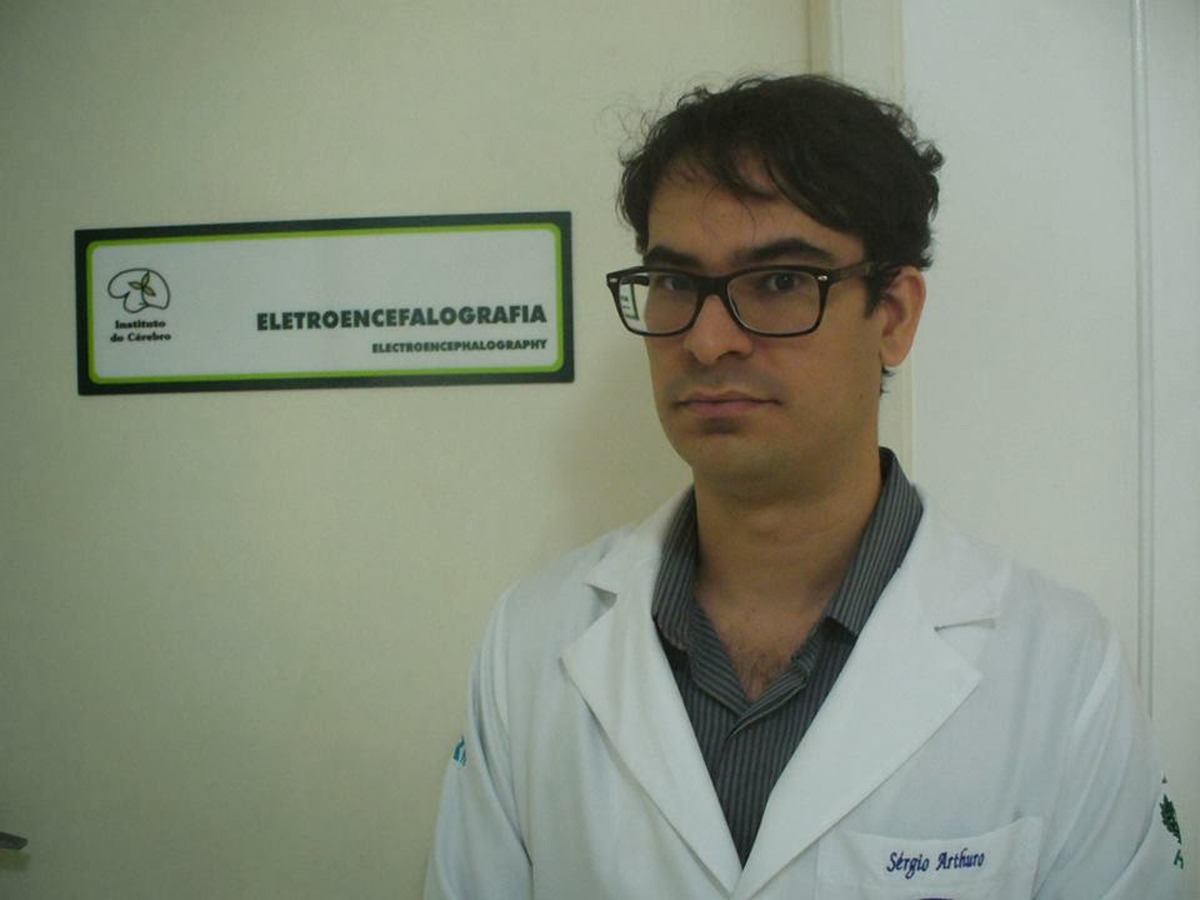Sergio Arthuro Mota-Rolim is a research collaborator at the Brain Institute and the Sleep Laboratory of the Onofre Lopes Hospital at the Federal University of Rio Grande do Norte (Brazil). The researcher is engaged in the study of dreams, lucid dreams (LD), and altered states of consciousness.
In his 2012 doctoral dissertation on LD, Mota-Rolim conducted a study for which he attracted 3,427 volunteers. The results showed that lucid dreaming is a relatively common experience, albeit often elusive and difficult to manage. Despite the difference in the number of cases of LD among Europeans, Asians, North Americans, and Latin Americans, the author concluded that LD is a universal phenomenon. It is quite difficult to provoke the LD, but it is possible, as shown in the case of one participant, using the suggestion technique. The EEG signals of this person showed bursts of alpha rhythms of the brain (which was not observed in other participants).
In recent studies, Mota-Rolim has emphasized that the practice of LD can positively affect the treatment of nightmares and other psychological disorders. The scientist has also raised the question of whether it is possible to consciously move your eyes during the REM sleep phase (this method is used to confirm the state of LD). In addition, the researcher describes various devices for stimulating LD, indicating that only one of them has been empirically tested with published results.
Mota-Rolim also looks at religious and philosophical issues, noting that the Abrahamic religions (Judaism, Christianity, and Islam) consider dreams to be a way of communicating with God, whereas traditional Indian religions (Buddhism and Hinduism) are more engaged in the development of self-consciousness, which is why they have developed special methods to stimulate LD.
The scientist’s works are available on Google Scholar.




